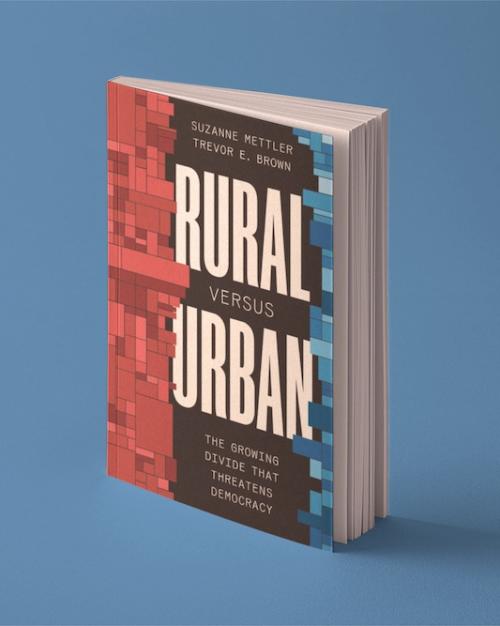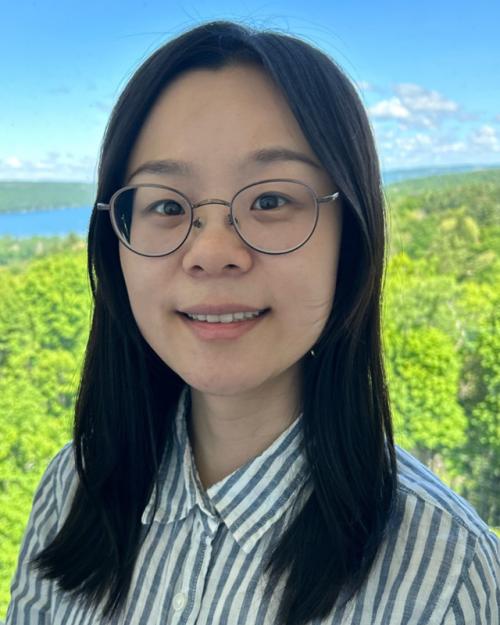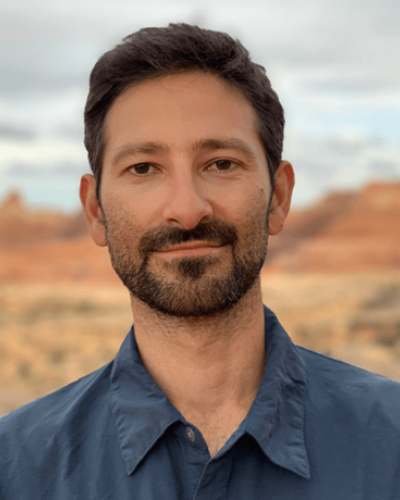Q&A with Alumnus Igor (Gary) Rubinov '05
What was your year, college, major, and what activities you were involved in on campus?
I graduated from Cornell University in 2005 with a major in anthropology and a double minor in International Relations and Globalization, and Inequality Studies. I actually started off in the Hotel School but transferred sophomore year to Arts and Sciences, seeking a way to engage with issues that were more oriented to social justice. The Inequality focus really helped me find a framework to organize the things that I wanted to study—which were quite disparate and far-reaching. I cherished the opportunity to go to many different events and talks on campus, from music to activism to architecture.
As someone who came to the US as a refugee, the cross-cultural perspective of anthropology and the focus of my concentrations allowed me to interrogate the underlying systems that have historically led to inequities—and perpetuate them to this day—and gave me courage and wisdom to address them going forward.
What is your current position, organization, and responsibilities?
I defended my Ph.D. in Anthropology at Princeton in 2019. I was engaged in academia for the last decade, publishing peer-reviewed work and holding several fellowships. However, the desire to address inequality on the ground, rather than critique it from a distance, has led me on a new trajectory. I currently hold two positions. I am the co-founder of Dovetail Labs—an organization that unites social justice and social science to address the ethical and social impacts of technology. Our team takes hard-won insights from the academy and applies them to the challenges posed by emerging technologies—particularly for impacted communities around the globe. I also work as a strategy consultant at Public Equity Group, a consulting firm that helps nonprofits and philanthropic organizations achieve greater impact through a focus on equity.
How has your career/work intersected with topics of inequalities?
I appreciate the opportunity to reflect on this question. I would say my life has been quite focused on the question of inequality ever since I graduated from Cornell (and I am confident I have the university and its faculty and programs to thank for that.) I worked in the non-profit sector directly after my BA, working directly on small-scale, local efforts to address environmental awareness, disability rights, and other issues (I ran a landscaping and farming vocational program for adults with developmental disabilities.) As someone who has always been acutely aware of the gaping chasms of global inequalities, I really wanted to work internationally, where I thought I could have the most impact—and thus undertook a Masters in International Development. However, I became pessimistic about international development projects as I ultimately wrote my dissertation on how people I lived with in Tajikistan had to devise their own responses to uncertainty and privation, all while climate adaptation projects cost millions of dollars but provided limited support. And so I continue to search for ways to leverage my skills and experience to address inequality in all its forms.
How did the Minor prepare/assist you in your post-Cornell life?
The Minor helped me recognize that topics that interested me in sociology, history, anthropology, development studies, ecology, economics, etc. were in many ways connected. While academia can readily fall into silos, the Minor helped me think across disciplinary divides and allowed my desultory interests to feel cohesive. I also appreciated knowing that other people were looking to follow the same threads. I think the Minor helped provide breadth to my major studies and increased my openness to multiple perspectives and ways to address inequalities.
What advice would you offer current students?
Let your studies meander like a river, taking you where the pull is strongest. The opportunities are boundless on campus. You can hardly imagine which tools and ideas you'll need in the future. The road ahead is long and winding—and uphill. But it is rewarding when you stop to take a breath, even if you are rarely sure of where it is heading.
How have your studies in inequality informed or influenced your views of the current coronavirus outbreak?
As we have come to learn, inequality is the traumatic bedrock atop which this public health calamity has landed. The sad facts are that communities of color in the US are far more likely to be adversely affected and the consequences of the global economic shock are going to fall with a staggering burden on the world's poorest. The pernicious harms of inequality on individual lives and global communities, the things we have known to be true, and which many try to work against, have only been compounded by this black swan event. It's impossible to see what's happening in any way but through the lens of inequality.





